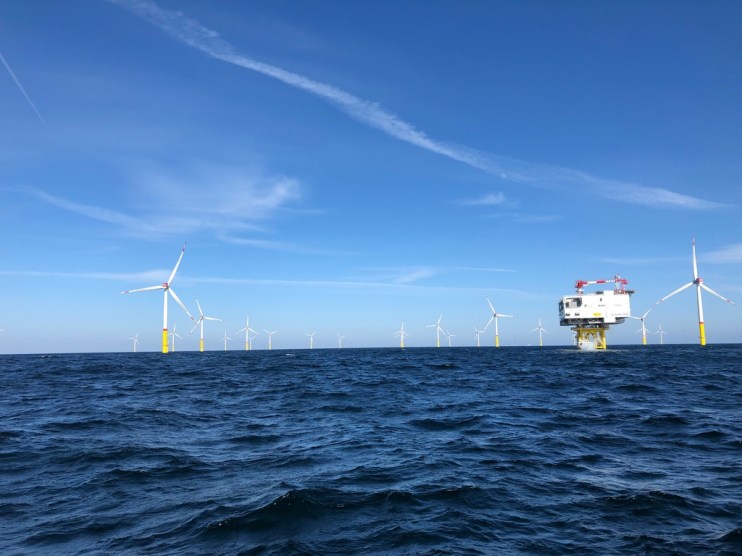Technology costs and inflation could drive up price of wind power

The price of wind power could rise in the coming years, with energy specialist Cornwall Insight warning the upcoming contracts for difference (CfD) scheme could soon drive an upturn in generation costs.
The fifth allocation round for the CfD scheme is expected in March, with the previous four rounds developing a trend of falling prices for offshore wind assets.
However, senior consultant Alex Asher believes the next round could buck expectations.
He argues there are a range of potential factors that could reverse trends, such as high inflation and geopolitical uncertainty which has driven up capital costs over the past 12-18 months.
The uncertainty could manifest in higher auction prices – with inflation hitting the cost of technology and construction, mitigating a key driver of lower prices in previous auctions.
Asher said: “A combination of market drivers, inflation and geopolitics have meant that capital costs have increased in the last year to 18 months. With assets competing for contracts two or three years before delivery, this increased uncertainty in asset costs could impact prices.”
The CfD scheme provides subsidy support and protection for renewable assets such as offshore wind – while protecting consumers from paying increased support costs when the price of electricity is high.
Developers with successful bids are paid a flat rate for the electricity they produce over a 15-year period – the difference between the ‘strike price’ (a price for electricity reflecting the cost of investing in a particular low carbon technology) and the ‘reference price’ (a measure of the average market price for electricity in the GB market).
This method has seen prices fall from £120 per megawatt hour in 2015 to around £37 per MWh in the fourth allocation round last year – paving speculation for subsidy free markets in the future.
Meanwhile, wider energy industry change could also create uncertainty for potential participants of the allocation round.
The government is looking to separate renewable energy prices for gas prices, changing how wholesale prices are calculated.
It is not yet clear how this will be applied to the CfD scheme – while Cornwall Insight also noted declining interest in renewable bidding in nearby markets, which could be replicated in the UK over time.
Asher concluded: “These arguments indicate that the price reduction trends seen in prior auctions are unlikely to continue.This idea is reinforced by evidence from other markets, with the latest Spanish subsidy auction not obtaining any solar bids, while the German subsidy scheme sees continued underbidding and lack of engagement.
“The trend of lowering strike prices and maximum participation for optimum outcomes should not, therefore, be presumed to continue.”